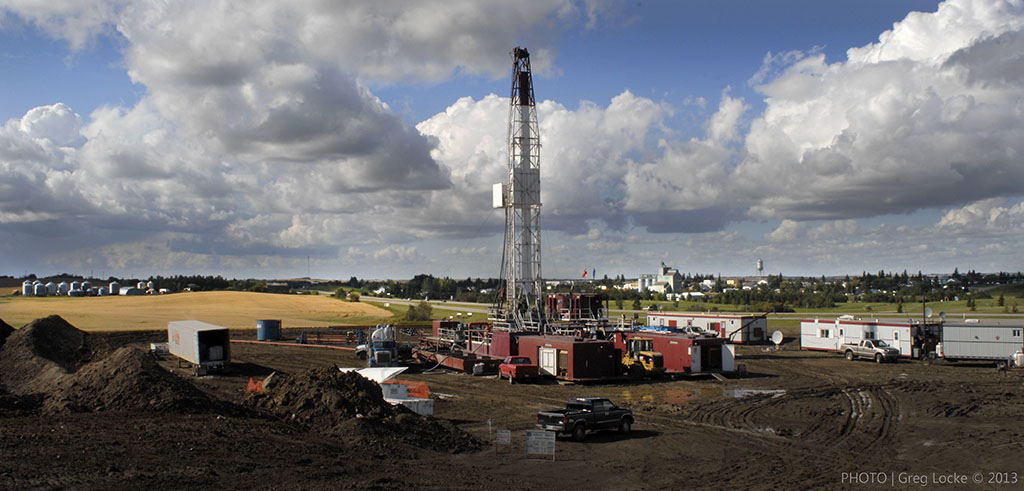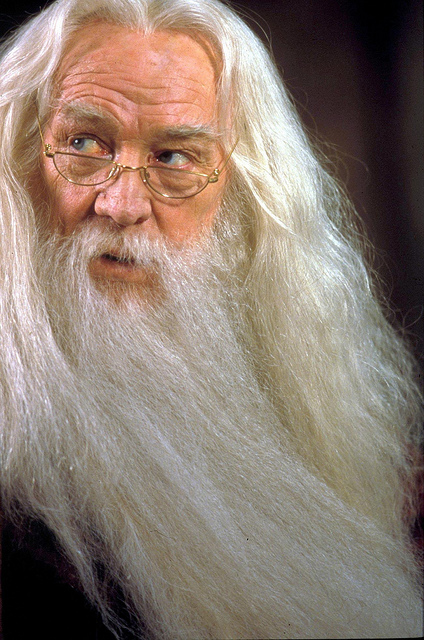
Introducing a new three-part series: The Global Implications of Oil Price Renormalization
Part 1: A Quick Look at its History and Technology
By Jim McNiven
To understand the global oil market, it helps to grasp the history and makeup of the commodity. In North America, from time immemorial, the Indians in the Western Allegheny area had skimmed oil seepage off the surface of the water and used it as a medicine. The settlers called it ‘Seneca oil’ after the local tribe, and used woven cloths or skimming boards to get the seepage off the water’s surface. Some entrepreneurs began to bottle and sell it as a cure-all. According to one version, “se-nay-kah’, as it was pronounced, oil entered the American popular vocabulary as ‘snake’ oil.
Storm of complaints pounds disaster work by American Red Cross.
By Justin Elliott and Jesse Eisinger, ProPublica, and Laura Sullivan, NPR
In 2012, two massive storms pounded the United States, leaving hundreds of thousands of people homeless, hungry or without power for days and weeks. Americans did what they so often do after disasters. They sent hundreds of millions of dollars to the Red Cross, confident their money would ease the suffering left behind by Superstorm Sandy and Hurricane Isaac. They believed the charity was up to the job. They were wrong.

From King Arthur to Dumbledore: Richard Harris
by Brian Brennan
Richard Harris was off the booze and missing it when he starred as King Arthur in a touring production of Camelot. He said going back to his native Ireland and not having a drink was like “going to church and not saying a prayer.”
War on Islamic State caliphate boosts the birth of Kurdistan
By Jonathan Manthorpe
Before going to war it is always a good idea to have a clear purpose and outcome in mind. Yet six Royal Canadian Airforce CF-18s are set for bombing missions in the Middle East without any clear vision of what victory will look like. The whole thing is depressingly reminiscent of the Libyan campaign in 2011 when allied warplanes enabled rebels to oust and kill dictator Moammar Gaddhafi. But then they all declared “mission accomplished,” packed up their kit and headed home. Meanwhile Libya has turned into bloody chaos and a killing ground for rival Islamic factions, tribal fighters and would-be new dictators. There are many days when Gaddhafi, for all his evil, looks a lot better than what Libyans have got now.
Big Data is changing sports.
By Bruce Dyer
In sport we don’t just want to know who won. We now want to know how to replicate success and then improve on it. And to do this, we’re using data – and lots of it. The field of “big data” analytics has come to sport and athletics, with massive implications for sport as we know it. The Women’s Tennis Association recently approved real-time data capture, which means that court-side coaches can now advise their players during a match on best shot placement or serve direction using little more than a smartphone or tablet. It could be argued that this detracts from a player using their instincts to make their own decisions. But it means that to tennis fans watching, it’s easier to understand what makes a good player great and why their opponent lost, while players have an even keener competitive edge.
Recommended elsewhere:
Against the Grain
Should you go gluten-free?
By Michael Specter, The New Yorker
Asks the New Yorker: “How could gluten, present in a staple food that has sustained humanity for thousands of years, have suddenly become so threatening?”
Could it have something to do with industrial processes used in making massive quantities of commercial bread? These differ from ancient techniques and true “artisanal” bread in the use of vital wheat gluten as an additive, used to strengthen the dough and to help the loaf rise.
Hard-Nosed Advice From Veteran Lobbyist: ‘Win Ugly or Lose Pretty’
Richard Berman Energy Industry Talk Secretly Taped
By Eric Lipton, New York Times
If you despair about democracy in an age of money, and wonder how our social discourse became so nasty, and where the trolls that infest the Internet come from, this story goes a way to explaining who and why.
“If the oil and gas industry wants to prevent its opponents from slowing its efforts to drill in more places, it must be prepared to employ tactics like digging up embarrassing tidbits about environmentalists and liberal celebrities, a veteran Washington political consultant told a room full of industry executives in a speech that was secretly recorded.
The blunt advice from the consultant, Richard Berman, the founder and chief executive of the Washington-based Berman & Company consulting firm, came as Mr. Berman solicited up to $3 million from oil and gas industry executives to finance an advertising and public relations campaign called Big Green Radicals.”
Leaked Sellafield photos reveal ‘massive radioactive release’ threat
By Oliver Tickell, The Ecologist
Dilapidated nuclear waste storage ponds abandoned 40 years ago containing hundreds of tonnes of fuel rods pose an immediate danger to public safety, photographs sent to The Ecologist reveal. The fuel and sludge in the ponds could spontaneously ignite if exposed to air, spreading intense radiation over a wide area.

